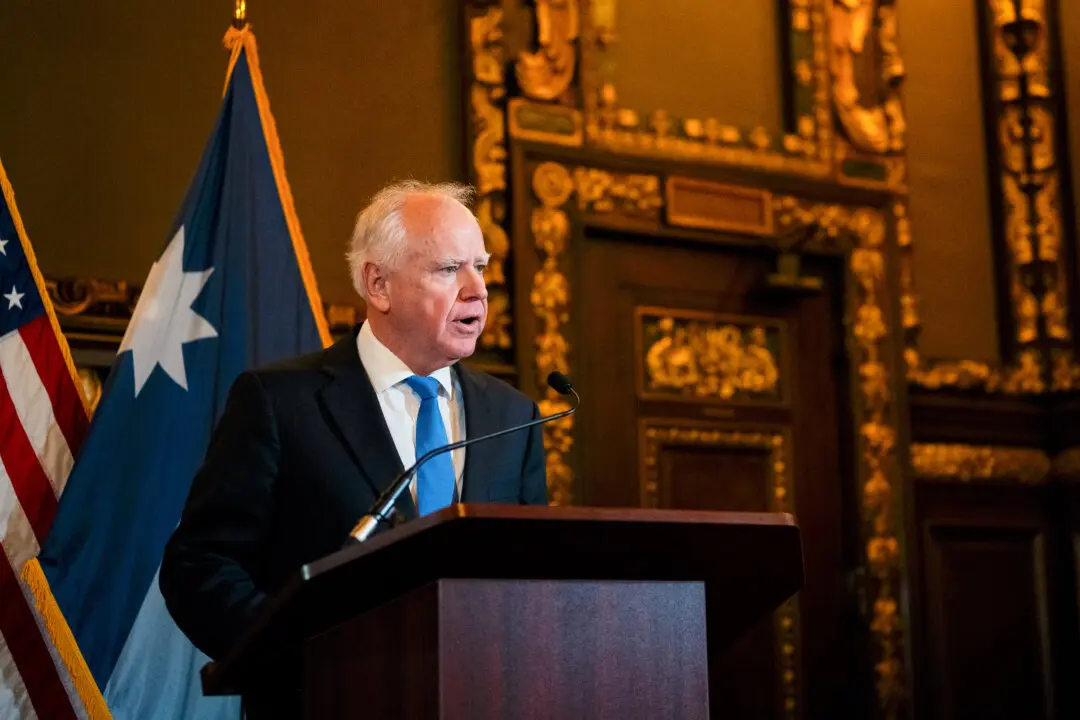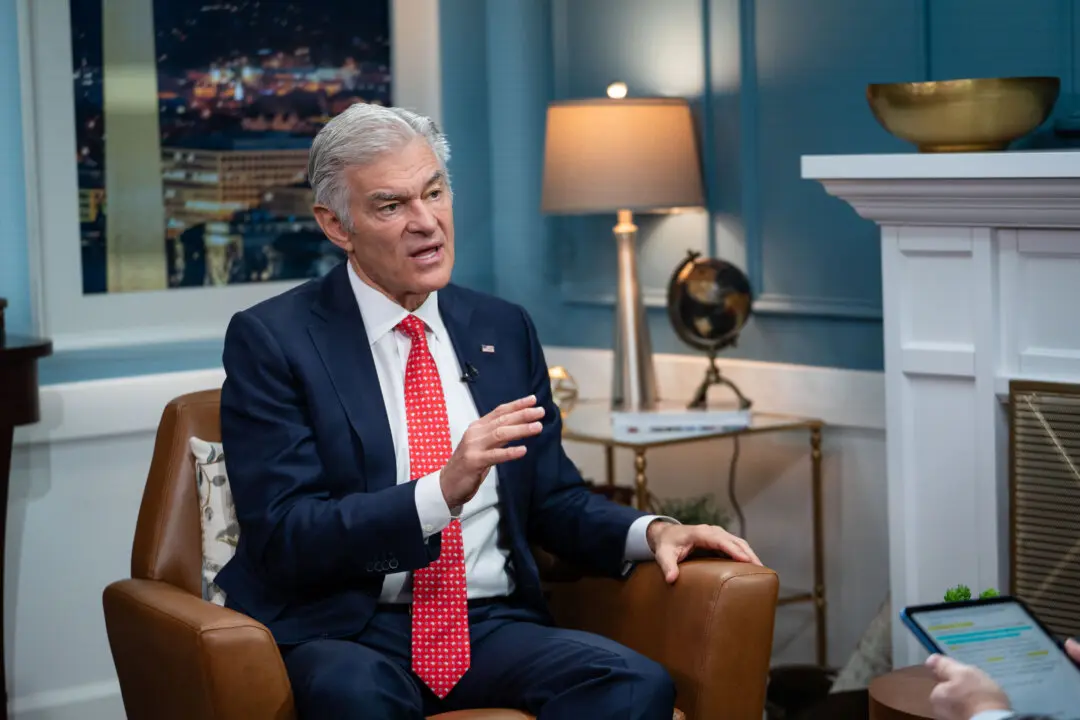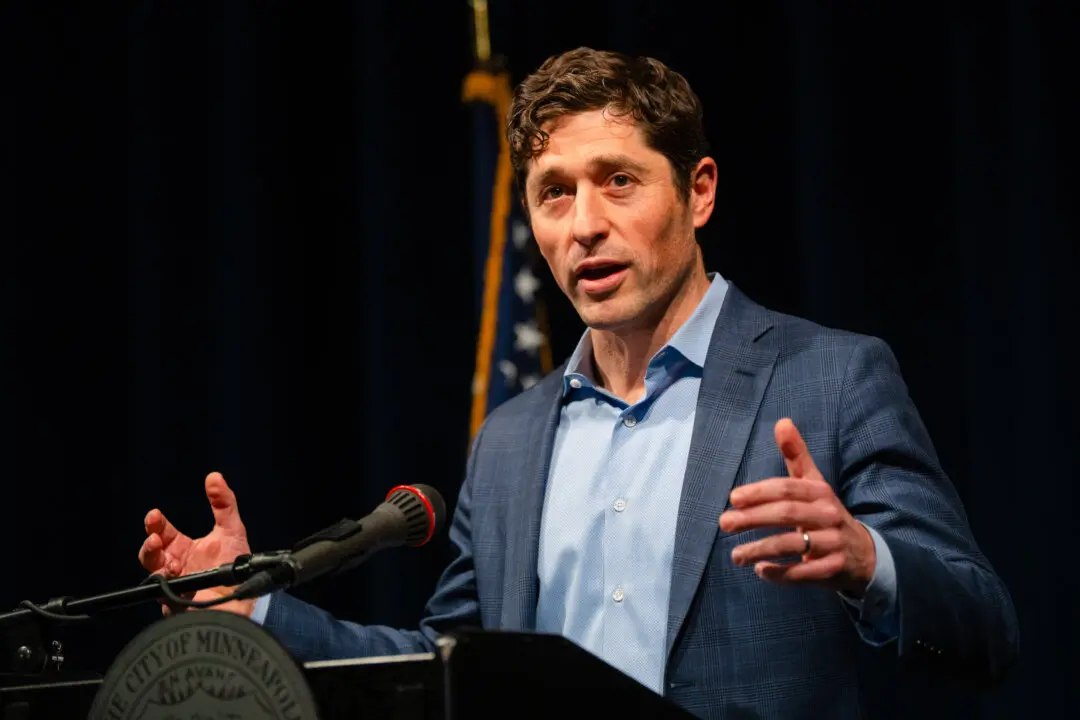A judge has begun setting bond and release conditions for former President Donald Trump and some of his 18 co-defendants in the Georgia case alleging that they unlawfully interfered in the 2020 election.
According to newly posted court records (pdf) in Fulton County, Georgia, on Aug. 21, Judge Scott McAfee set bond for President Trump at $200,000.





